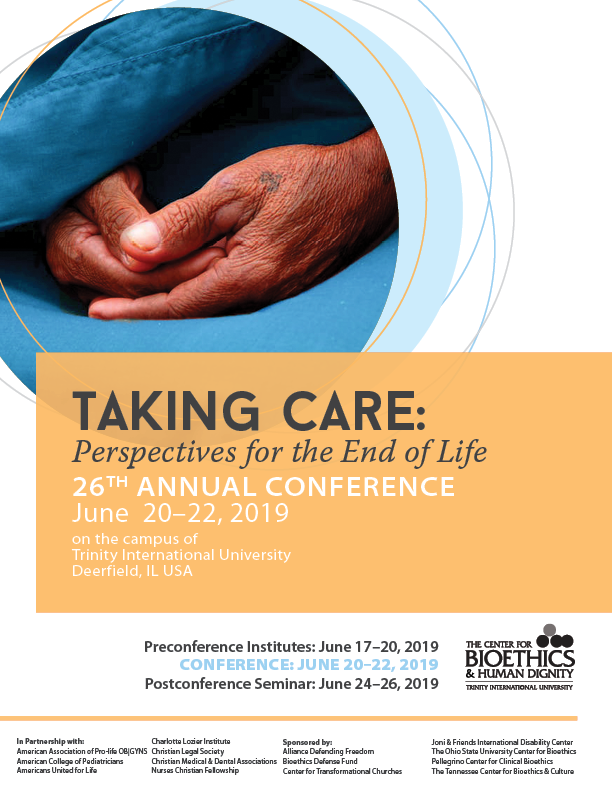
Drugs used for puberty suppression are called Gonadotrophin-Releasing Hormone Agonists (GnRH Agonists). These drugs were originally developed in the early 1980s to help children experiencing “precocious puberty,” or puberty at unusually early ages, such as six or seven, and were merely administered so the child could experience puberty at a more developmentally appropriate age. In 1998, researchers in Holland published an article explaining how the same drugs could be used to postpone normal puberty in children with gender dysphoria so the children could explore their own gender identity and the possibility of being transgender. Since then, GnRH Agonists have become a preferred method for addressing childhood gender dysphoria among some advocates of transgenderism. Males who receive these drugs will not develop any of the secondary sex characteristics associated with puberty such as deepening voice, increase in height, development of body hair, or genital growth. Females taking these drugs will not develop breasts or start their menstrual cycles. While using GnRH Agonists for treatment of precocious puberty is morally acceptable, the practice of giving pre-adolescent children puberty-suppressing drugs for the purpose of encouraging them to explore a transgender identity is incompatible with Christian ethics. To prove this thesis, the paper will begin with a brief history of the development of GnRH Agonists for the treatment of precocious puberty. Next, the history of the use of these drugs for purposes of intentionally suppressing puberty in order to explore a transgender identity will be summarized along with a review of the outcomes of children receiving these drugs. Finally, the Christian claim that one’s birth-gender is part of the goodness of God’s creation will be used to critique puberty-suppression as treatment for childhood gender dysphoria.